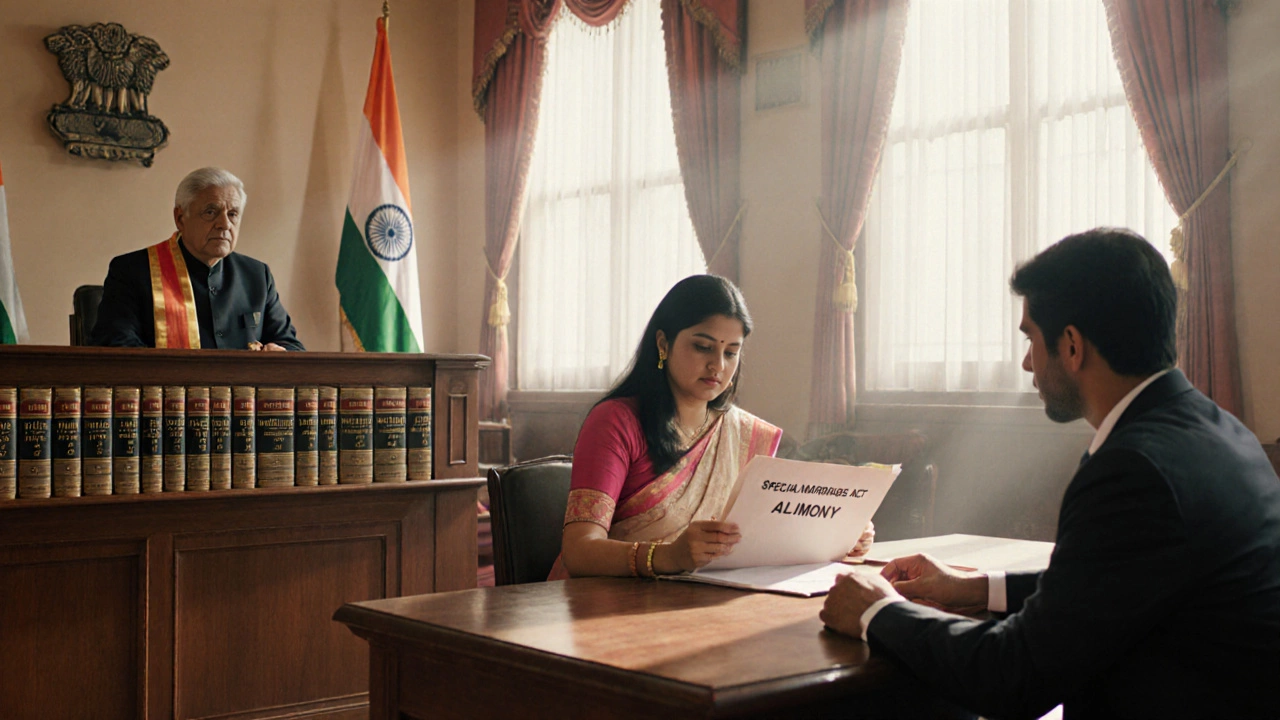Divorce Consequences in India: What Happens After the Marriage Ends
When dealing with divorce consequences, the legal, financial, and personal outcomes that follow the dissolution of a marriage in India, people often wonder how their lives will change. Also known as post‑divorce effects, these consequences touch everything from property division to child custody, alimony, and even the ability to remarry. Knowing the full picture lets you plan ahead and avoid costly surprises.
Core Areas Affected by Divorce
One of the first things to sort out is property division, how the marital assets and liabilities are split between spouses under Indian law. The courts look at contributions, both financial and non‑financial, and apply the relevant sections of the Hindu Marriage Act or other personal laws. A clear property settlement can prevent prolonged litigation and protect both parties’ future stability.
Next comes alimony, the spousal support paid to the financially weaker spouse after divorce. The amount depends on income, standard of living during marriage, and the duration of the relationship. Courts balance fairness with the payer’s ability to meet the obligation, and a well‑drafted alimony agreement can reduce conflict later on.
When children are involved, child custody, the legal right and responsibility to make major decisions for a minor becomes the top priority. Joint custody, sole custody, and visitation rights are all on the table, with the child's welfare guiding every decision. Alongside custody, child support ensures the child’s educational and health needs are met.
Many wonder about remarriage after divorce, the legal steps and waiting periods required before a former spouse can marry again in India. Generally, the waiting period depends on the type of divorce—mutual consent divorces may allow remarriage after six months, while contested divorces often enforce a one‑year separation. Understanding these timelines helps avoid invalid second marriages and associated legal headaches.
Practical steps can make the transition smoother. Gather financial statements, property documents, and any evidence of contributions before filing. Seek a qualified family lawyer who can explain the impact of each decision, from draft settlement agreements to filing the appropriate petitions. Early mediation often cuts down on court time and preserves relationships, especially when children are involved.
Below you’ll find a curated collection of articles that break down each of these topics in detail: proving a sexless marriage, the fastest routes to an instant divorce, the one‑year separation rule, and a step‑by‑step guide to remarrying after divorce. Dive in to get the specific guidance you need for every facet of divorce consequences.

Divorce in India: Who Suffers Most After Separation?
Explore who faces the greatest hardships after divorce in India-women, men or children-and learn practical steps to lessen financial, emotional, and legal pain.